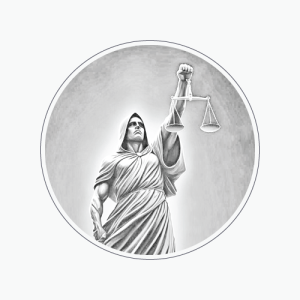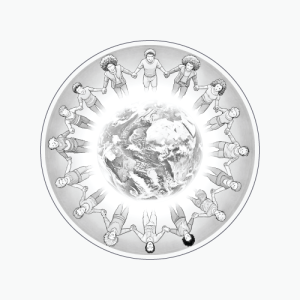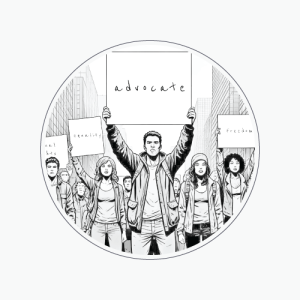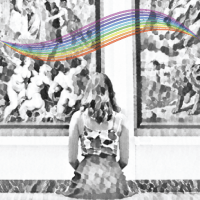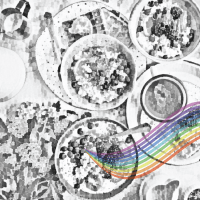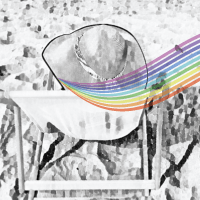
Has the gay community achieved
worldwide equality in 2021
- Atilla Tiriyaki
- Average Reading Time: 6 minutes
- Community, Statistics
- articles, atillat
Imagine a minority group that has been persecuted for thousands of years, one that has been continuously a target of governments, regimes, institutions, and organisations. Targeted because of who they are and what they believe in, resulting in many being imprisoned. The persecution and constant fear caused large numbers of this group to take their lives over the years. You would likely be thinking that I was talking about a group straight out of the history books. Certainly not one that, even today, is still being actively persecuted in the 21st century.
Sadly, this is not the case; this minority group are still subject to abuse, harassment and many face significant risks in their lives daily. The minority group we are talking about is the global gay, lesbian, bisexual, transgender and all those questioning or from non-binary or other sexual identities. A group that is collectively known as the LGBTQIA+ community. Even though some parts of the world have become much more inclusive, there are still regions and countries targeting, persecuting and often torturing large groups of their LGBTQIA+ population. Surprisingly, these brutal acts do not always feature in the news headlines, trending subjects or grab the world’s attention as they should, given the size and scale of the problem.
In 2021, it is estimated that there are 203.1 million people from the LGBTQIA+ community worldwide, contributing an estimated 1.3 trillion US dollars to the world economies. However, many are still at risk, even with the growing numbers and vast global spending power. Especially given that from a size and scale perspective, the community is larger than most countries.
Even with the large numbers, 39.5 million or 19.5% live in countries where the laws and legal protection are classified as low or very low, and 13.5 million or 6.7% live in countries that actively persecute community members. Alarmingly many still face the death sentence if prosecuted for engaging in same-sex relationships. Some positive changes have been made throughout 2020, so let us look at the overall state of the LGBTQIA+ worldwide status in 2021.
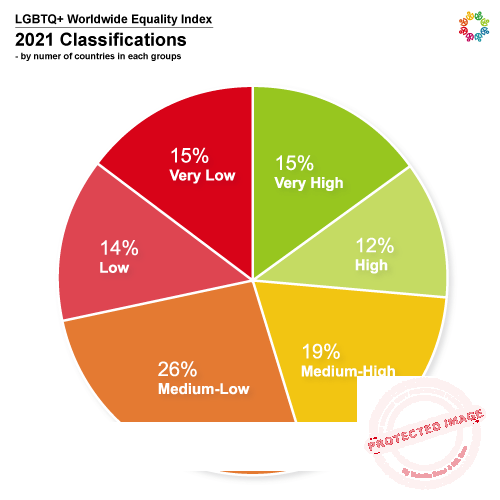
In 2020, the most significant development was that the North African country Sudan, which still criminalises same-sex relationships, removed the death penalty as part of its judicial sentencing. This positive development saw the number of countries issuing death sentences decrease from 13 down to 12. Gabon decriminalised same-sex relationships, one-year after criminalising them. South Africa implemented a rule that means that state marriage officers and magistrates can no longer decline to wed same-sex couples. Costa Rica, Montenegro, and Sark in the Channel Islands all legalised same-sex marriages, making Costa Rica the first country in Central America to allow same-sex marriages nationwide.
Some countries, such as Russia and Hungary, have become increasingly hostile towards the community, reversing existing laws or implementing so-called ‘morality’ legalisation. In 2020, Hungary amended its constitution banning same-sex marriages, same-sex couples adopting and ended recognition of changes of gender for legal purposes on documents. Russia carried out a referendum that put in place 200 constitutional amendments, resulting in a constitutional ban on same-sex marriage.
From an LGBTQIA+ equality status perspective, 26.6% or 62 countries ranked high or very high, 45.1% or 105 countries ranked as medium, and 28.3% or 66 countries ranked as low or very low. Europe is ranked highest in terms of equality status at 11.6% or 27 countries, followed by the Americas at 9% or 21 countries. Africa ranks lowest at 13.7% or 32 countries, followed by Asia at 8.6% or 20 countries.
The number of countries that still criminalise same-sex relationships dropped by one from the previous year down to 70 countries; however, the number of countries not enforcing penalties increased by 5 up to 22 countries. Another positive development was the number of countries that introduced anti-discrimination legalisation, which increased by 10 countries or 4.3% to 36 countries or 15.5% overall.
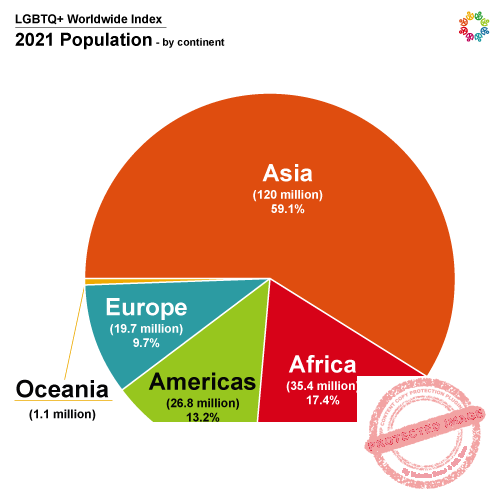
In 2020, it was estimated that 203.1 million LGBTQIA+ individuals were living in countries around the world. The population is based on conservative estimates; however, academic research predicts the population size as significantly higher, especially within countries like the USA. Based on the conservative estimates, 16.1% or 32.7 million people live in countries with an equality status of high or very high, whilst 19.5% or 39.5 million people live in countries with an equality status of low or very low.
Asia continues to have the largest LGBTQIA+ population, with 59.1% (120 million), followed by Africa with 17.4% (35.4 million) and the Americas with 13.2% (26.8 million). Oceania has the lowest LGBTQIA+ population, with 0.5% or 1.1 million. Compared to 2019, Africa saw the most significant growth at 2.6%, followed by Oceania at 1.4%. Europe saw a decrease of -0.12, and the Americas saw a small increase of 0.9%.
With 12 countries still enforcing a death sentence as a maximum penalty, it is estimated that 13.5 million or 6.7% of the LGBTQIA+ community live in countries and regions where they fear persecution in their daily lives and the grave danger and risk to their lives if prosecuted. Not all 12 countries have national-level laws relating to death sentences. However, some countries do not stop or prosecute vigilantes from taking the lives of people they have deemed to have committed a sin or participated in same-sex acts.

Gay Conversion Therapy is a practice where an organisation or institution will take an individual, typically a minor under the age of 21. The minor or young adult will often be questioning or have become aware of their sexual orientation or identity. The therapy aims to change how a person thinks and feels and aims to convert them to a heterosexual mindset. Many organisations and institutions carrying out the therapy are fuelled by the belief that the LGBTQIA+ community is making a choice or conscious decision to be gay. By doing so, they believe the decision or choice can be reversed with their therapy. Though the practice has been condemned by many religious world leaders and national psychiatric associations worldwide, the practice continues even with public scrutiny and media attention.
In 2021, only 11 out of 233 countries have national laws banning gay conversion therapy. The south-eastern Asian country Malaysia went one step further and made it legal and gave state-sanctioned approval for its application. Countries such as Australia, Canada, China, Spain, and the USA have banned the therapy in specific states, regions, or provinces, or cases are reviewed on a case-by-case basis. Though prohibiting the practice in some areas or regions, no nationwide laws mean it is still not a crime in those countries. Research carried out by academic institutions has shown that the therapy has had limited success in a small number of cases; however, most were ineffective and harmful.
The majority of those undergoing the therapy were left feeling depressed, isolated and even suicidal. Countless research and academic studies have consistently proven that identifying as LGBTQIA+ is not a choice but instead a chemical and physical reaction. A biological response that is difficult for a person to change. Many of these types of gay conversion therapies may help or teach individuals to hide or suppress how they think or feel. Still, they will not transform them into being something that they are not.
GAY CONVERSION THERAPY STATUS
Overall, the community has seen steady improvements in the last five years in terms of legal recognition and equality. However, there are still many countries with antiquated laws in place. Of the 70 countries that still criminalise same-sex relationships, 22 defend their stance by stating that they do not enforce those specific laws or sentence those found breaking them. It is good news for those living in those countries that they will not face criminal persecution, lengthy prison sentences, or even fines. However, the fact that the laws still exist is the real issue.
A law that is inactive today could be used at a later date, whether through the change of leadership or government or simply to target a single individual or group. Repealing laws and removing antiquated legislation is the only genuine way of proving to the world that a country is safe. Evidencing it through the law that their country is inclusive and treat community members fairly and respectfully.
Equality is not about taking the rights from one group and giving them to another or singling out and treating one group differently. Equality is about treating everyone the same, good or bad. Everyone should have the same rights and access to basic human needs, such as the right to an education, healthcare, employment. Most importantly, not to leave in fear of persecution and the right to love and marry whomever they wish.





















